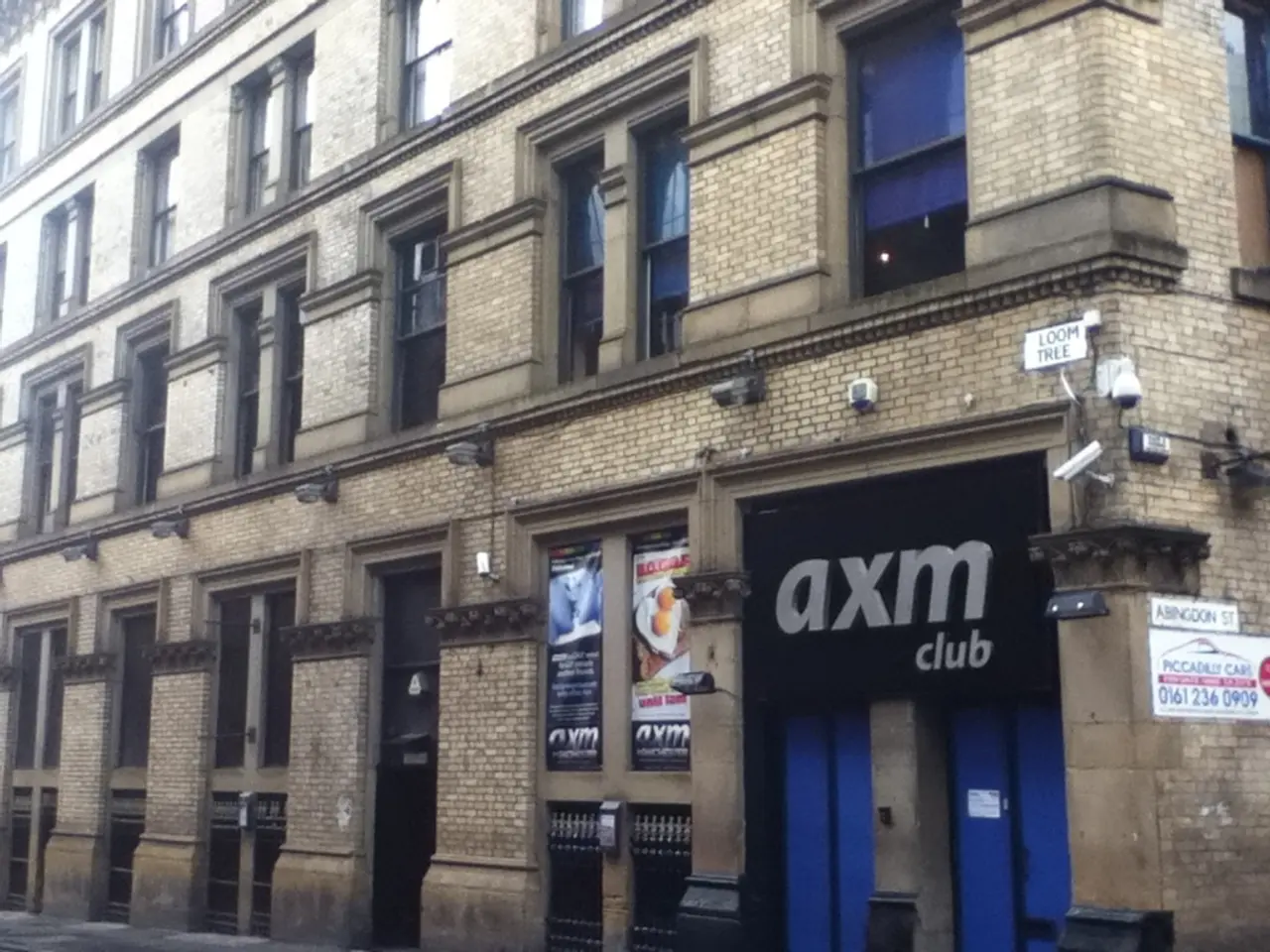Investors Seizing Retail Real Estate Opportunities While Major Players Adopt a Cautious Stance
The retail real estate market has seen a surge in interest from private investors such as family offices and private equity firms, with these groups responsible for nearly three-quarters of retail-asset purchases in 2021. This trend continues in 2022, driven by several key factors.
Opportunistic Buying Amid Market Conditions
Economic and geopolitical uncertainties in 2022 have slowed some institutional investors' decision-making, creating opportunities for private investors. Their agility allows them to capitalise on assets that may be undervalued or overlooked by larger institutions constrained by layers of governance.
Desire for Diversification and Alternative Assets
Family offices, managing wealth of $50–100 million or more, seek to diversify their portfolios with alternative investments such as commercial real estate. This is part of a broader strategy to grow and preserve wealth across generations while balancing risk and return.
Long-term Income Generation and Value Creation
Brick-and-mortar retail, especially prime or well-located properties, offer potential for steady cash flow through rental income and opportunities for appreciation post-refurbishment or redevelopment. Investors recognise the potential to add value by repositioning retail assets for post-pandemic consumer demand changes.
Access to Expertise and Capital
Smaller private investors often seek out advisory experts in development, leasing, rent review, and sustainability to maximise property value. Meanwhile, private equity groups and family offices have access to sizeable capital reserves and financing options that enable strategic acquisitions.
The renewed interest in retail real estate is due in part to population changes favouring suburban shopping. Many stores are paying their rental fees on time and are competing for limited square footage. This competition, coupled with the lack of new retail development since 2009, has started to push up rental prices.
In Port Charlotte, Florida, a shopping mall anchored by an Office Depot sold for $19 million in a bidding war, attracting 19 potential buyers primarily from private investors. The shopping mall's 83% occupancy rate and Office Depot's plans to depart by next year offer new owners the opportunity to add higher-paying tenants.
Retail building transaction volume in the U.S. rose to nearly $82 billion in 2021, a 24% increase from 2019. This trend continued in the first quarter of 2022, with purchase volume reaching $25 billion by April 30, an 82% increase over the same period in 2021.
Despite rising interest rates affecting some real estate deals, retail assets are expected to continue to attract capital. Retail REITs have outperformed residential and commercial real estate supplies in 2022, according to data from Bloomberg, Nareit, and Green Street.
As private investors continue to invest in retail real estate, major organisations and REITs may follow suit. The buyer of the shopping mall in Port Charlotte is confident that tenant demand is strong enough to fill the space at attractive rental rates, with two potential lessees considering the space.
Sources:
- GlobeSt.com
- National Real Estate Investor
- Bloomberg
- Forbes
- The Wall Street Journal
- Private equity firms and family offices, recognizing the potential for long-term income generation and value creation, have increased their investments in retail real estate, especially in assets like prime retail properties.
- In the financial sector, there has been an increased interest in retail real estate among private investors, as they seek alternative assets for diversification, such as commercial real estate, to grow and preserve wealth across generations.




